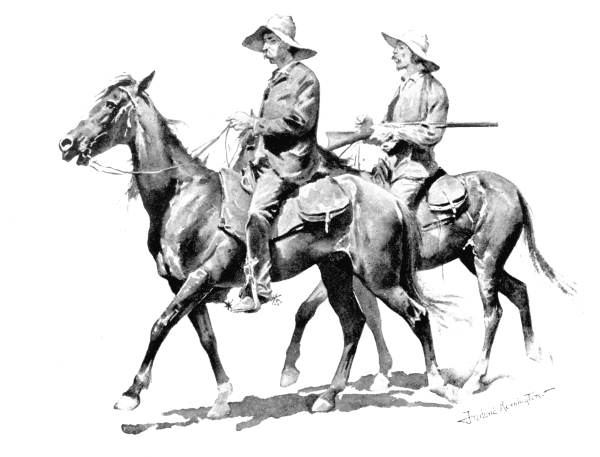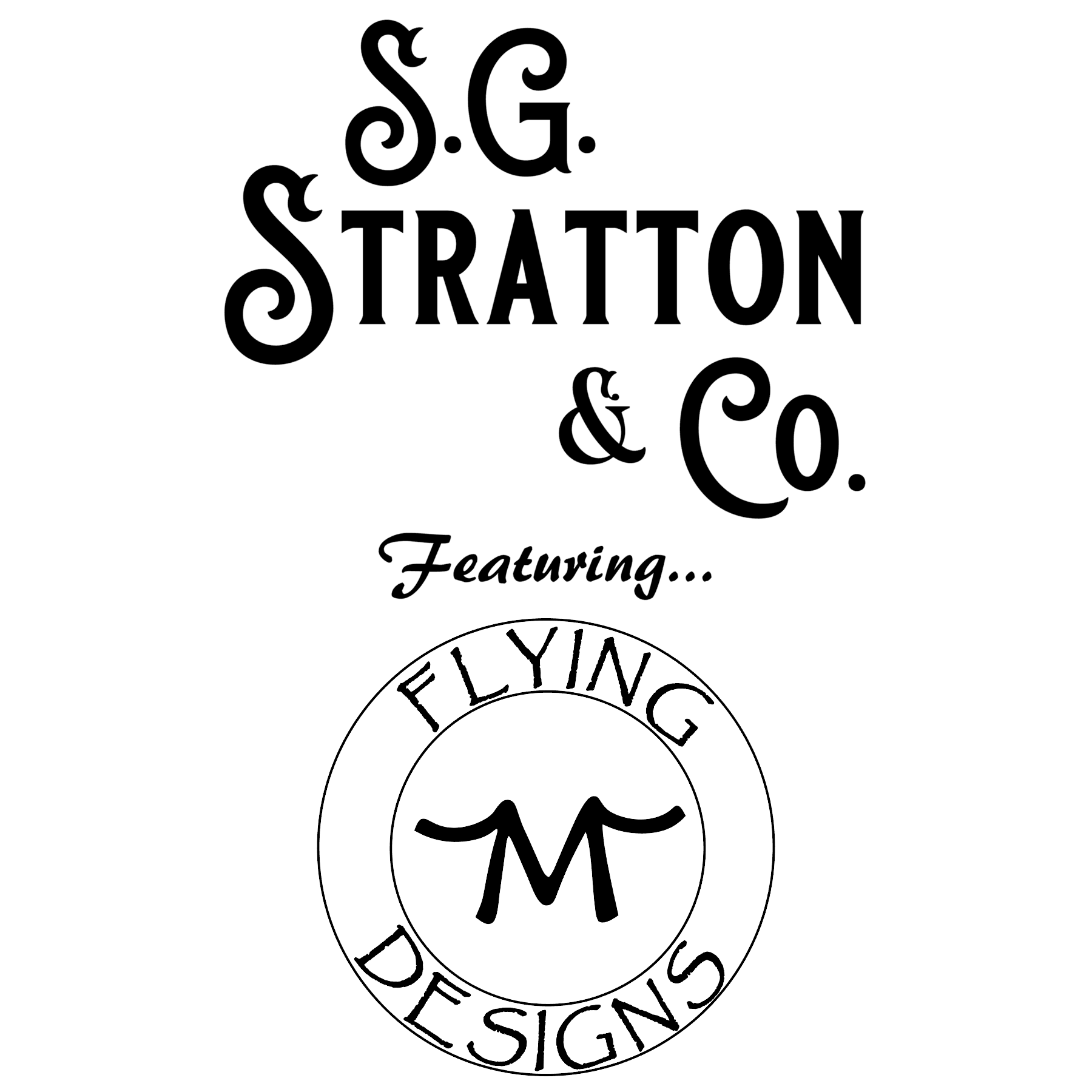Florida Cracker Heritage

Here you will find some information and knowledge about the Florida Cracker!
The term Florida cracker is used informally by some Floridians to indicate that their families have lived in the state for many generations. It is considered a source of pride to be descended from "frontier people who did not just live but flourished in a time before air conditioning, mosquito repellent, and screens" according to Florida history writer Dana Ste. Claire.[1]
- Ste. Claire, Dana (2006). Cracker: Cracker Culture in Florida History. University Press of Florida. ISBN 978-0-8130-3028-9.

"He or she is from a family that was here long before the huge population explosions in Florida after World War Two. He or she is almost always Caucasian.
They and their ancestors lived in Florida and prospered before the days of cars, highways, mosquito control, air conditioning, medicare, social security and government welfare.
Quite often they are defined as second, third, fourth, fifth generation Floridians, or even more. I know one man who is 7 generations removed from Captain Francis Hendry, a pioneer cattleman and the founder of LaBelle, Florida.
One of the first Florida Crackers known to history was Jacob Summerlin. Many historians believe he was the first child born in Florida shortly after the state changed hands from Spain to the U.S.A.
He was born in 1820 and died in 1893. During his lifetime he became known by two titles: King of the Crackers, and King of the Florida Cow Hunters.
He was the also the pioneer behind many Florida settlements in Central and West Florida. He had the clout to get Orlando named the seat of Orange County and Bartow for Polk County.
Summerlin was one of the richest men in Florida before he turned 40, and owned large acreage across the state stretching from Fort Myers to Fort Meade.
You see his name today on streets in various Florida cities including Orlando and Fort Myers. Many of his descendants are still living in Florida.
That's because a Florida cracker is often self sufficient.
When modern civilization collapses, the Florida cracker will be hunting, fishing, trapping and growing his own food.
I'm afraid many of the rest of us will be standing in line at the government owned grocery store with our ration stamps.
The Florida cracker usually has a southern heritage, and his ancestors sympathized with the Confederacy during the Civil War.
You might even find a Confederate flag license tag on the front of his pickup truck.
The first crackers came to Florida before the Revolutionary War when Spain traded Florida to Great Britain.
After the new United States of America won the war, the Spanish got Florida back again from the British. It went back to the U.S. again in 1819 and became a U.S. territory in 1821."
"Another possibility is the sound made by the crack of the bull whips that the early Georgia and Florida settlers used to control their cattle and drive their wagons. This is still the favorite theory of Florida crackers in the cattle counties of central and southwest Florida. They're still cracking the whip even in modern times.
Florida crackers have their own language, and I've learned a few of their key words in my more than half century in Florida.
One day after a super heavy rain in Orlando, my Florida cracker friend Howard described it as a "lighter knot floater". I needed a translation as I had only been in Florida a couple of years back then.
That's when I learned that a lighter knot is a fat pine knot used like kindling to start fires. A fat pine knot is very heavy, and it takes a lot of water to make it float.
If you have been wanting to learn a second language, you could do worse than to study the Florida Cracker language.
Other cool words that are still being used by Florida Crackers include:
-
Chitlins: Hog innards, cleaned and cooked.
- Cooter: A turtle still served by the Yearling Restaurant in Cross Creek and celebrated by the town of Inverness in an annual festival.
-
Corn Pone: A cake made from cornmeal batter using milk instead of water and deep fried.
-
Cracker Horse: A small horse descended from the herds that the Spaniards brought over in the early 1500's. They evolved into surefooted herding animals used by the Florida cowhunters.
-
Croker Sack: A burlap bag.
-
Glove Box: it's what northerners call a glove compartment in your car.
-
Greens: the leafy part of turnips or collards that are good to eat.
-
Grits: This is a southern staple made from dry coarse ground corn. Never served as a cereal, and not hominy grits Yankees eat. The Civil War would have ended much sooner if the Confederate Army had run out of grits.
- Herkin: This is what many of my cracker friends called a hurricane. Sometimes hurra-kin. Accent on first syllable.
-
Hominy: Whole grains of white corn soaked in lye and boiled.
-
Perloo: A one dish meal of meat and rice cooked together, like shrimp perloo. Yankees call it pilau. Marjorie Kinnan Rawlings has her favorite perloo recipe in her "Cross Creek Cookbook".
- Fat Back: Fatty meat from a hog's back. Cut up in small pieces to flavor beans and greens. Also used to make lard. Also can be roasted crispy and eaten like popcorn.
-
Pineywoods Rooter: A feral hog, good to eat. Crackers like to trap them, pen them and fatten them up with corn before killing them for food.
-
Pull: To take a drink of liquor from a bottle or jug. As in "take a pull of this here shine".
-
Scrub Chicken: Gopher tortoises. Crackers loved to eat them; now it is illegal to kill them. Most crackers call them simply "gophers". This confuses a northerner new to the state.
-
Swamp Cabbage: The heart of Sabal palm, cut into chunks and boiled. A cracker delicacy.
-
Varmit: Any small animal like a rat, rabbit, or other varmint or vermin.
- Yankee: Any person from any state that was not one of the Confederate States of America."
By Mike Miller, Copyright 2009-2022
Florida-Back-Roads-Travel.com
Our mission
Here at S.G. Stratton & Co. & Flying M Designs we are proud of our Florida Heritage and Legacy.
As you glance through our products, We're sure you’ll find something that you just can’t live without, or that unique gift for someone special.
